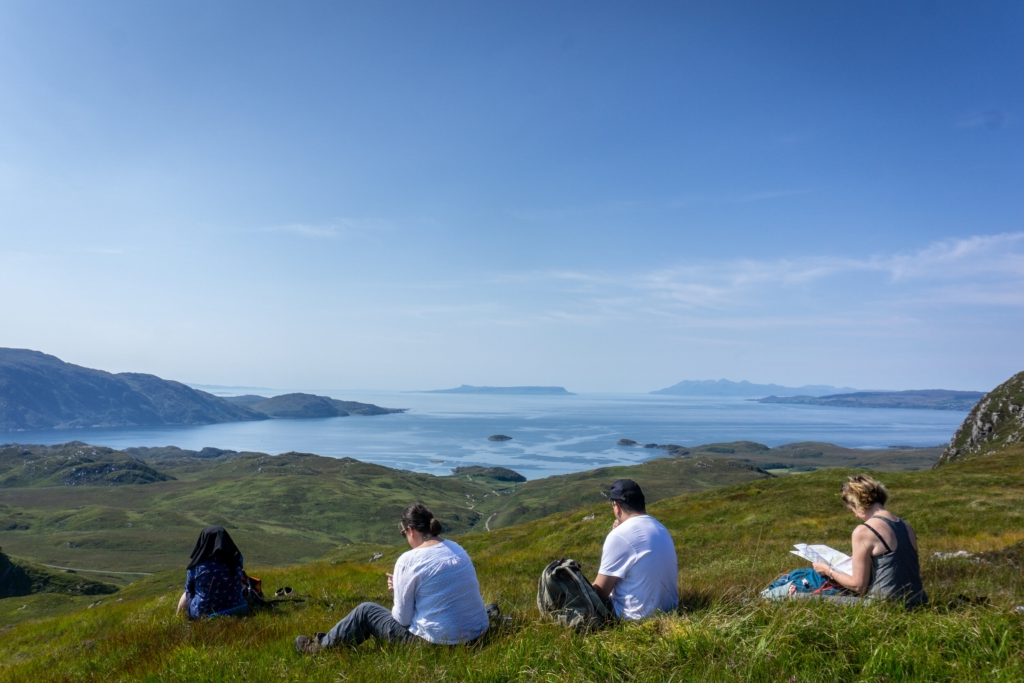News
Verture backs new call for more inclusive environmental policies in Scotland

Verture has joined twelve other Scottish organisations in endorsing a new set of policy recommendations aimed at making environmental policy in Scotland more inclusive.
Developed as part of the Everyone’s Environment initiative – coordinated by think tank NPC and delivered in partnership with the Environmental Rights Centre for Scotland (ERCS) – the recommendations call for a stronger focus on the social impacts of environmental policy. The proposals are rooted in a human rights-based approach and highlight the need to better reflect the experiences of marginalised and disadvantaged groups.
The policy recommendations are intended to inform party manifestos ahead of the 2026 Holyrood election and focus on five key areas:
- Access to quality green and blue spaces
- Affordable and clean transport
- Renewable energy, especially in rural areas
- High-quality, energy-efficient housing
- Fair access to green jobs and skills
The ideas have been shaped by focus groups involving Black, Asian and Minority Ethnic people, young people, Disabled people, and older people. They include proposals from across Scottish civil society, such as:
- Involving Disabled people in designing transport systems (Inclusion Scotland)
- Introducing a Minimum Income Guarantee to combat fuel poverty (The Poverty Alliance)
- Enforcing landlord responsibilities for housing repairs and energy upgrades (Living Rent)
Verture is proud to endorse this work alongside a powerful coalition of organisations including The Poverty Alliance, Inclusion Scotland, Human Rights Consortium Scotland, YouthLink Scotland, YMCA Scotland, SCVO, Woodcraft Folk, Young Sea Changers Scotland, greenspace scotland, The ALLIANCE, and ERCS.
At Verture, we believe that equitable environmental progress is essential for meaningful change—and that starts with centring the voices of those most affected.
Jo Kerr, Verture CEO said:
“We know climate change impacts people who are already marginalised in society the most. Without action, these impacts will only worsen. Working across policy and delivery, we need to devote more time and resources to building resilience within communities of disabled people, people on low incomes and black and brown people. There’s no resilience without just resilience.”
You can read the full recommendations on the NPC website.
